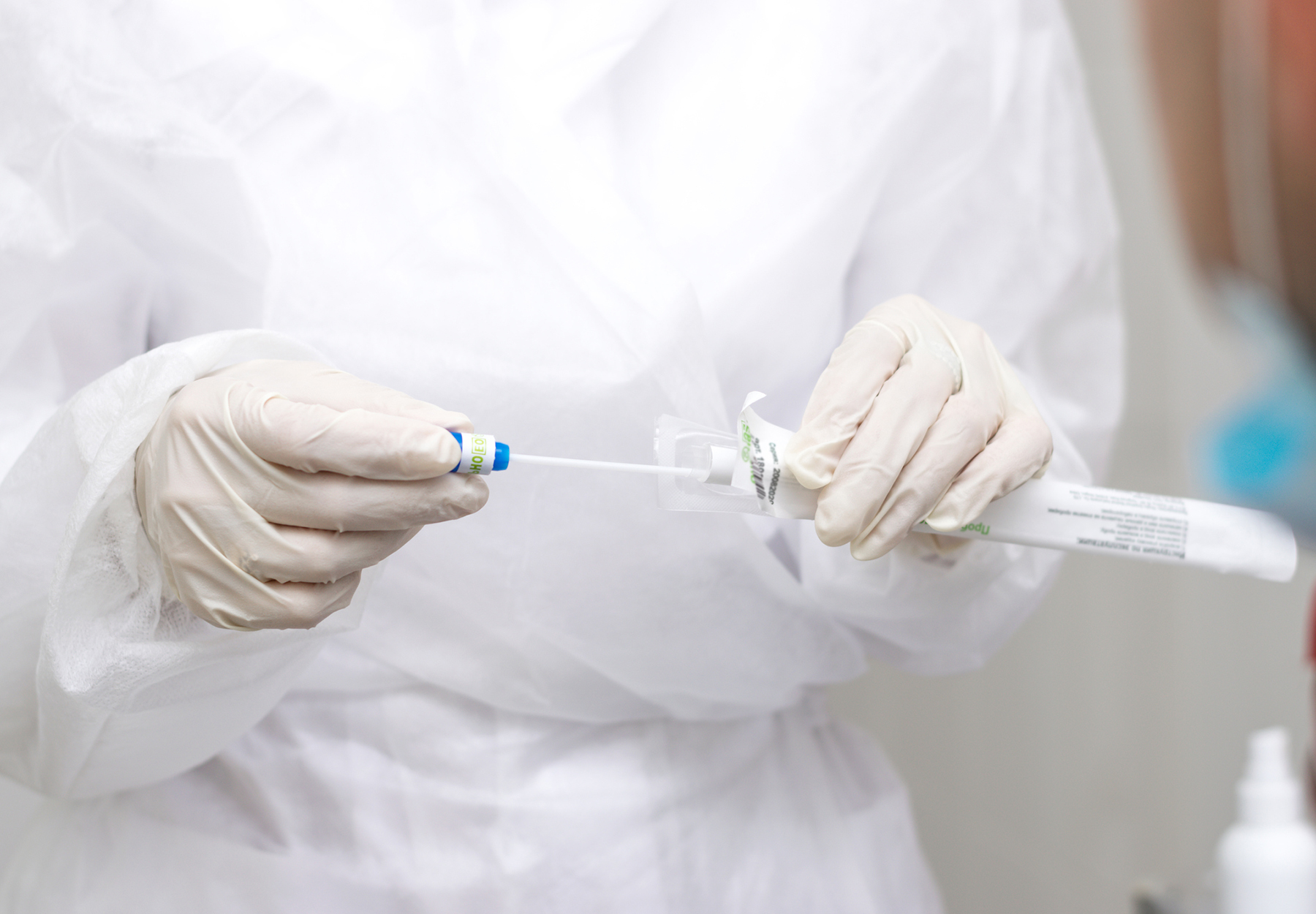Court Nixes COVID-19 Lab Test Reimbursement Lawsuit Against Private Payor
Despite Congress’ clear policy on private insurer payment of COVID-19 tests, many labs have been struggling to get reimbursed.

From the very onset of the public health emergency (PHE), Congress adopted a clear policy on private insurer payment of COVID-19 lab tests based on two principles:
- Payors must cover tests without charging patients any copayments or other cost-sharing amounts; and
- Payors must reimburse the labs that provide those tests at the “negotiated rate” or “cash price” for the test listed “on a public internet website of [the lab]”
Those principles were embedded in the Coronavirus Aid, Relief, and Economic Security Act (CARES Act) that Congress passed in March 2020 in its initial response to the PHE, and affirmed in the Families First Coronavirus Response Act (FFCRA) adopted a month later.1
But despite this, many COVID-19 test labs have been struggling to get private payors to provide the reimbursement to which the CARES Act entitles them. Adding insult to injury, federal courts have not allowed those labs to sue insurers for violating their CARES Act reimbursement obligations.
The GS Labs Lawsuit
GS Labs is the latest lab to get the door slammed in its face by a federal court. When the PHE began and tests were in desperately short supply, the Omaha-based lab was among the providers to heed the call by opening more than 50 COVID-19 diagnostic centers across the country. Within weeks, GS Labs had established nine testing centers in Minnesota, each capable of testing up to 1,000 patients per day. Among its 90,000 Minnesota patients, 16,000 were insured by Medica Insurance, many of whom received tests on multiple occasions.
Section 3202(a)(1) of the CARES Act requires health plans or issuers to reimburse providers of COVID-19 diagnostic tests at the “negotiated rate” between the two. If there is no such negotiated rate, Section 3202(1)(b) requires reimbursement “in an amount that equals the cash price for such service as listed by the provider on a public internet website,” unless the sides negotiate for a lower rate.
As required by the CARES Act, GS Labs’ Minnesota labs performed the tests without requiring a dime of prepayment. Since it didn’t have a negotiated rate with Medica, it billed the insurer at the “cash price,” i.e., “charge that applies to an individual who pays in cash (or cash equivalent) for a COVID-19 diagnostic test,” which the labs consistently and publicly posted on their website for those tests. But Medica withheld payment.2 It then asked the labs to provide medical records for each test provided. Medica didn’t provide the full reimbursement even after GS Labs furnished it the requested records, according to the complaint.
After repeated failed attempts to collect the full cash-rate payment, GS Labs decided to take Medica to court for violating its reimbursement obligations under the CARES Act.3 While denying the accusations, Medica argued that even if they were true, GS Labs didn’t have a valid legal claim. The Minnesota federal district court agreed and tossed the case without a trial.
The Private Right of Action Rule
Maybe Medica violated its CARES Act reimbursement duties and maybe it didn’t. Either way, one thing was clear: GS Labs didn’t have the right to sue Medica in federal court for the alleged violation. Explanation: A private person can’t sue another person for violating a federal statute unless the law provides for a “private right of action” to enforce the law. The CARES Act includes no such express provision, the federal court noted. While conceding the point, GS Labs contended that the CARES Act provision stating that insurers “shall reimburse the provider in an amount that equals the cash price” implied a private right of action.
But the court didn’t buy it. “Establishing an implied private right of action is a tall order, as ‘nothing short of an unambiguously conferred right will support an implied right of action,’” the court explained, noting that courts are traditionally loath to read such an action into a statute. In this case, there was no compelling evidence for finding that the CARES Act gives diagnostic testing providers a private right of action or remedy to recover reimbursement for COVID-19 testing at the publicly-posted cash price,” the court concluded [GS Labs, Inc. v. Medica Ins. Co., 2022 U.S. Dist. LEXIS 169307].
Where Other Courts Stand on the Issue
Federal district courts have split on whether out-of-network labs can sue private insurers for not reimbursing them for COVID-19 tests at their cash price rate.
Lab Wins: A federal district court from the Texas Southern District ruled that a COVID-19 testing lab could sue United Healthcare for failing to reimburse its diagnostic tests at the publicly disclosed price of $900 per test [Diagnostic Affiliates of N.E. Hou, LLC v. United Healthcare Servs., 2022 WL 214101 (S.D. Tex. 2022)].
Lab Loses: In June, a California Northern District federal court took issue with the United Healthcare case, ruling that neither the CARES Act nor FFCRA implies a private right of action [Saloojas, Inc. v. Aetna Health of Cal., Inc., 2022 WL 2267786 (N.D. Cal. 2022)].
References:
Subscribe to view Essential
Start a Free Trial for immediate access to this article